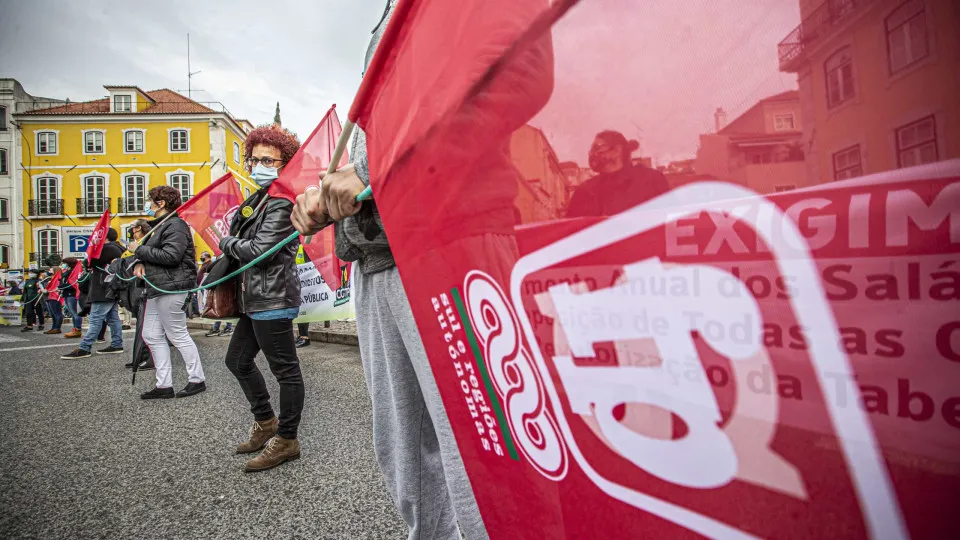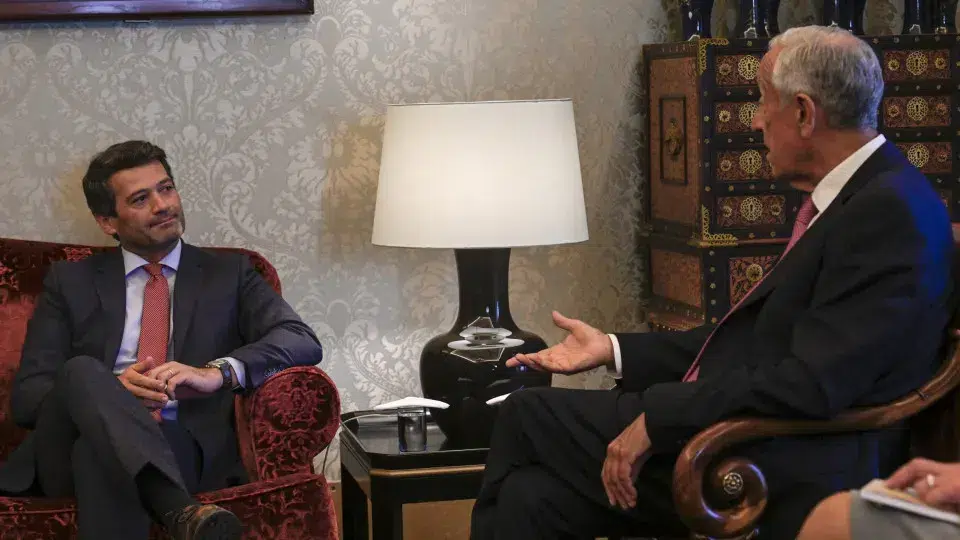
“The government is entering negotiations today without altering a single word in its proposal,” deferring “a different proposal from the initial one for the next meeting scheduled for October 29, which for us is absolutely unacceptable,” stated Sebastião Santana after the meeting with Secretary of State for Public Administration, Marisa Garrido, at the Ministry of Finance in Lisbon.
For the National Federation of Public and Social Sector Workers’ Unions (Frente Comum), the negotiation is “fundamentally flawed” from the start, given that the executive has presented the State Budget proposal for 2026 (OE2026) and only “continues negotiations with public sector unions afterward.”
In its initial proposal, the government maintains the values laid out in the current multi-year agreement but proposes extending the agreement to cover the current legislative period until 2029, as the existing agreement only goes until 2028.
The current agreement, signed in November 2024 with two major public sector union structures (Fesap and Frente Sindical), provides for salary increases of 2.15%, with a minimum of 56.58 euros for the upcoming year.
Amid this “negotiation deadlock,” the coordinator of Frente Comum highlighted the strike scheduled for October 24, pointing out that “it will halt public services across all sectors in response to this State Budget and the upcoming legislative changes,” referring to the labor legislation reform draft under discussion in social agreements.
When asked whether the potential reinstatement of three public sector vacation days abolished during the ‘troika’ period was discussed at today’s meeting, Sebastião Santana said the topic was not discussed, unlike STE, which claimed the government promised to evaluate the possibility.
He emphasized, however, that Frente Comum also supports the reinstatement.
Furthermore, the coordinator of Frente Comum called for the “reinstatement of public appointment contracts.”
“This involves taking existing contracts and converting many, which are precarious, or individual employment contracts, into public appointment contracts,” he explained, stressing that the measure “does not cost the public treasury a cent.”
This structure, affiliated with the CGTP, demands a 15% salary increase, with a minimum of 150 euros starting January 1, as well as an adjustment of the meal subsidy to 12 euros.




